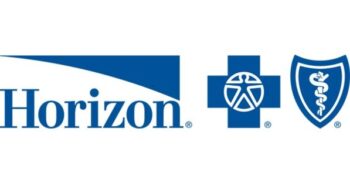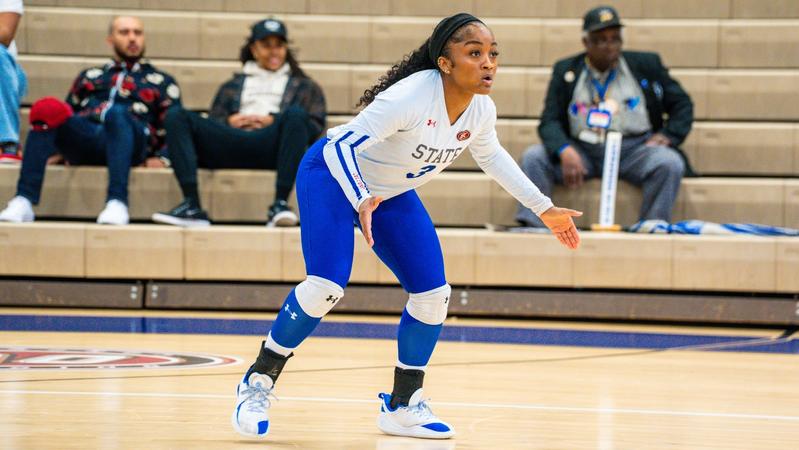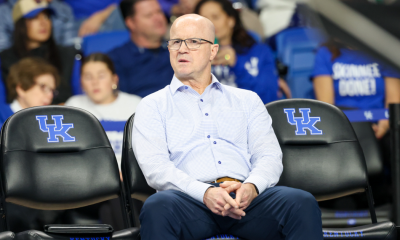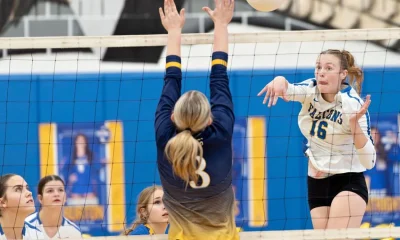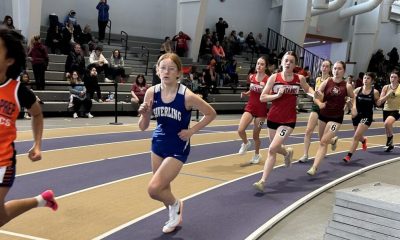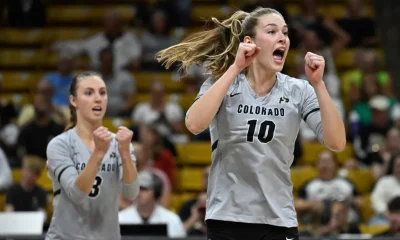With sincere apologies to all the games played Thursday, here at Globe Schools it feels a lot like Christmas Eve, with a full slate of high school football arriving under the tree Friday evening.
Over the last two weeks we talked to nearly 200 football coaches and wrote more than 30,000 words previewing every team in Eastern Mass. There’s still time for a cram session!
Team-by-team previews for every Eastern Mass. program
- Previewing Division 1 teams
- Previewing Division 2 teams
- Previewing Division 3 teams
- Previewing Division 4 teams
- Previewing Division 5 teams
- Previewing Division 6 teams
- Previewing Division 7 teams
- Previewing Division 8 teams
- Week 1 in EMass high school football: 10 games to watch and picks
- The 35 Eastern Mass. high school football players you need to see this fall
- Plan the ultimate Mass. high school football season: The 10 best games to attend in 2025
Trevor Hass wrote about Whittier football coach Kevin Bradley, who is continuing to coach the team while battling tongue cancer. Read coach Bradley’s inspirational story.
The first three football games of the season were played Thursday night, with Pentucket topping Northeast (26-22), Waltham holding off Belmont (24-12), and Brookline beating Lexington (27-10).
1. Milestones
▪ Two golf teams made history, as Canton set a new low home score at Blue Hill Country Club, scoring a 138 as a team to best Mansfield by 15 strokes thanks to 1-under-par 33s from senior Joey Ryan and freshman Chase Thomas.
▪ Rockport set a record for most points on its home course, Rockport Country Club, posting a 168-151 win over Hamilton-Wenham behind a 38-point showing from Sam Kesterson, who shot a 1-under-par 34 with three birdies.
▪ St. John Paul II field hockey coach Leah Pierce got her first win with the program, beating Bishop Stang, 3-0. Ariana Liakos got her first win helming the Pembroke girls’ volleyball, beating Falmouth, 3-1. And Acton-Boxborough girls’ soccer coach Manny Lopes notched his first victory, 4-0, over Algonquin.
2. Upset city
▪ No. 4 Needham girls’ volleyball knocked off preseason No. 1 Brookline, 3-0, just a day after falling, 3-0, to No. 2 Newton North.
▪ On the pitch, No. 18 Medfield boys’ soccer shocked No. 10 Oliver Ames, the defending Division 2 state champions, with a 2-0 win powered by goals from Max Tillmann and Sebastian Cole.
TVL Small Boys Soccer ⚽️:
Max Tillmann 🥅 🚨 in the 64’ minute and Warriors lead 1-0.
@Medfieldsoccer @coachmace @TVLSportsMa @HometownWeekly @MetroWestSports @GlobeSchools @BConn63 @Murray_Jack_ @DSRaidersSports pic.twitter.com/EjengoH7qO— Medfield Athletics (@MedfieldAD) September 4, 2025
3. College corner
Keene State freshman Kayla DiPasquale, a Marshfield High graduate, was named Little East Conference women’s soccer Rookie of the Week after scoring her first two collegiate goals in a 4-2 win over Rivier.
4. Commitment central
BB&N senior captain Sam Kelley, a 6-foot-2-inch, 228-pound two-way athlete from Natick, announced he will play football at Brown.
Very excited to announce my commitment to the process at Brown University! @Coach_Willey_FB @BrownU_Football @BrownHCPerry @CoachEMorrissey pic.twitter.com/OsCcisxlco
— Sam Kelley (@samkelley__) September 4, 2025
5. Soccer leaderboard
Goals
Talia Lowney, Greater Lowell, 5
Mary Kudarauskas, Sturgis West, 4
Rowan Malvey, Marshfield, 4
Miguel Armaczuk, St. John Paul II, 3
Cody Boghdan, St. John Paul II, 3
Jackie Fritz, Salem, 3
Linda Jenner, Sharon, 3
Leah Monahan, Lowell, 3
Angie Niz, Lynn Tech, 3
Devon Weafer, Medfield, 3
Bella Wen, Westwood, 3
Davide Vitale, Shawsheen, 3
Points
Lowney, Greater Lowell, 10
Kudarauskas, Sturgis West, 8
Malvey, Marshfield, 8
Kaylee Barrett, Lynnfield, 7
Jenner, Sharon 6
Lauren Sutliffe, Duxbury, 6
Vitale, Shawsheen, 6
Lyla Chapman, Tewksbury, 5
Ava Damiani, Lynnfield, 5
Jocelyn DeMedeiros, Sturgis West, 5
Zach Dziggle, Shawsheen, 5
Maddie Fernandes, Mansfield, 5
Sophie Hano, Manchester Essex, 5
Cory Lloyd, O’Bryant, 5
Sera Eramo, Greater Lowell, 5
6. Field hockey leaders
Goals
Hannah D’Angelo, Pembroke, 4
Dani Ekyman, Sutton, 4
Julie Pacheco, Somerset Berkley, 4
Anthony Ford, Lowell, 3
Alyssa Norden, St. Mary’s, 3
Abbie Poole, Malden Catholic, 3
Natalie Ramcharan, Malden Catholic, 3
Maura Richardson, Joseph Case, 3
Points
Emma Bouchard, Joseph Case, 5
Pacheco, Somerset Berkley, 5
D’Angelo, Pembroke, 4
Ford, Lowell, 4
Richardson, Joseph Case, 4
Vaught, Somerset Berkley, 4
Caitlin Patten, Hingham, 3
Sam Rudick, Hingham, 3
7. Girls volleyball leaders
Kills
Kiera Clark, Milton, 17
Kyra Ward, Chelmsford, 15
Julie Hall, Central Catholic, 14
Sadie Stants, Needham, 14
Norah Downey, Braintree, 11
Assists
Sophie Derwinski, Milton, 27
Madison Blanchet, Central Catholic, 24
Ellen Griswold, Chelmsford, 22
Bella Lee, Needham, 17
Audrey Manning, Lynnfield, 14
Digs
Alexia Vaquerano, Lynnfield, 14
Brooke Braswell, Lynn Classical, 12
Angelina Silva, Tewksbury, 12
Blocks
Alexia Faria, Central Catholic, 10
Downey, Braintree, 5
Manning, Lynnfield, 5
Aces
Morgan Etna, Hamilton-Wenham, 9
Hall, Central Catholic, 7
Maria Rosario, Greater Lawrence, 6
Downey, Braintree, 4
Stants, Needham, 4
Brendan Kurie can be reached at brendan.kurie@globe.com. Follow him on X @BrendanKurie.







